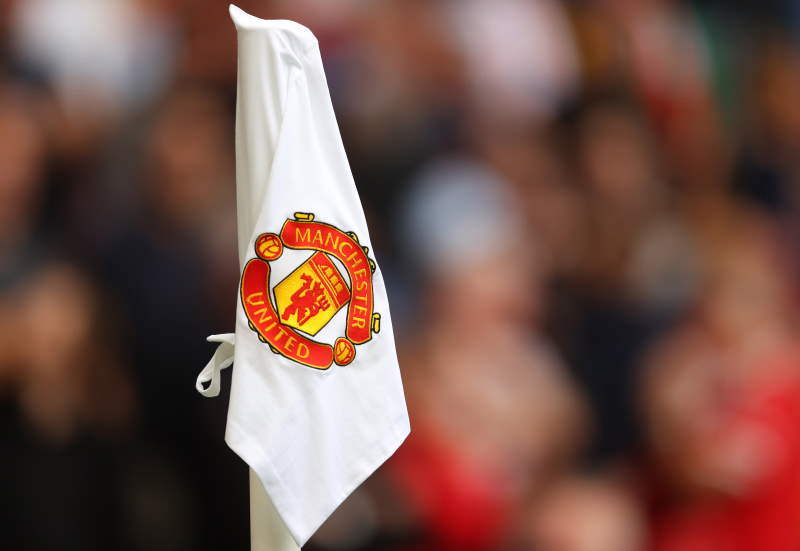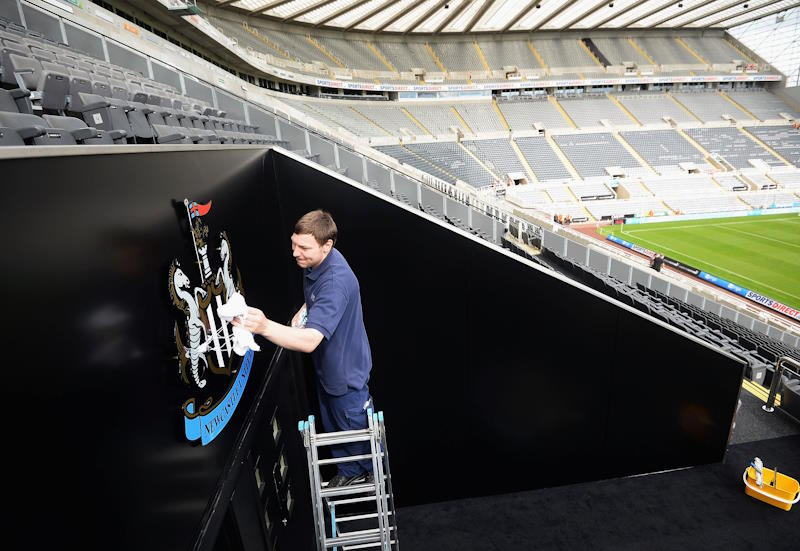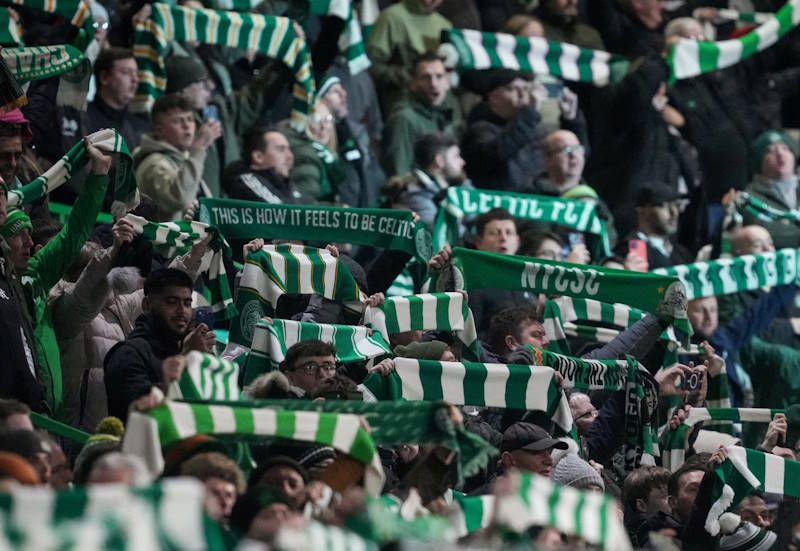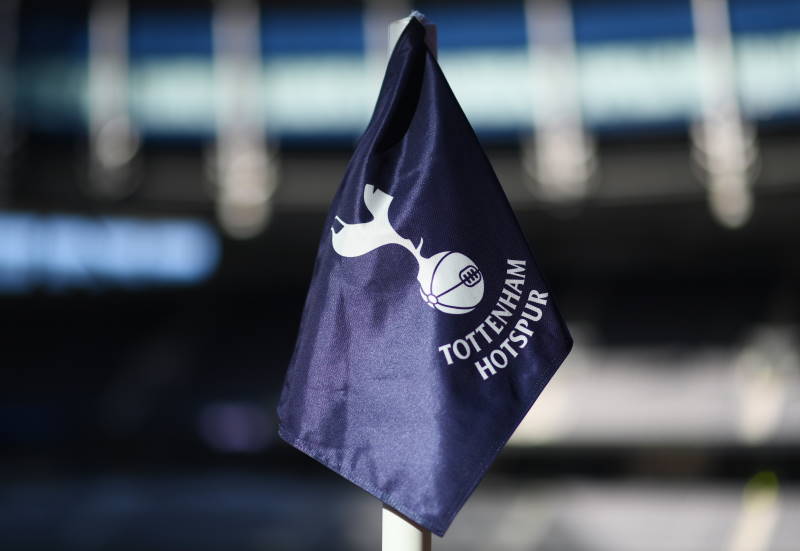
The city of Kingston-Upon-Hull takes great pride in remembering its notable sons and daughters, fittingly celebrating their accomplishments with statues, plaques and even renaming places in the city to honour them.
Historical figures including William Wilberforce who, as a member of parliament for the city, helped abolish the slave trade in 1807 and laid the ground for the freedom of slaves within the British Empire in 1833, and Amy Johnson, a pioneering aviator who set various long distance flying records in the early 20th Century, both have statues in Hull.
Sport is also an area recognised by the city, with a memorial outside the KC Stadium remembering the heroic actions of Jack Harrison, a former professional rugby player for Hull FC who was posthumously awarded the Victoria Cross for bravery after losing his life during the First World War.
He scored 52 tries in the pre-war season, a club record that still stands, and crossed for 106 tries in his 116 matches before his last game for Hull FC on Boxing Day, 1916.
Even one of the main routes into the city is named after former rugby legend Clive Sullivan, who represented both of Hull’s senior rugby teams, Hull FC and Hull Kingston Rovers.
However, one of Hull’s most famous sons has toiled largely in obscurity, despite being regarded as the father of the Football Association and modern football. That man is Ebenezer Cobb Morley.
Now a social media campaign has been launched by young Hull City fan Oliver Harsley to encourage the local council to erect a life-size bronze statue outside the KC Stadium or on Freetown Way to honour Ebenezer Cobb Morley’s work and recognise the city’s importance in the establishment of the national game.
Born in Hull, in 1831, to Ebenezer Morley and Hannah Cobb, Ebenezer Cobb Morley lived in Pemberton Street and then in Holborn Place, which no longer exists, before moving to London in 1852, where he became a solicitor.
The Football Association was formed after a group of gentleman answered an advert placed by Morley in 1863. He was The FA's first secretary (1863-66) and drafted the first set of playing rules at his home in Barnes, Surrey.
He scored the first ever goal in an FA representative match and also served on the Surrey County Council for Barnes (1903-19) and was a Justice of the Peace.
He died aged 93 in 1924 – the year after Wembley was built.
To support the campaign follow @ForStatue on Twitter and use the hashtag #StatueforEbenezer or like the Statue for Ebenezer page on Facebook.












